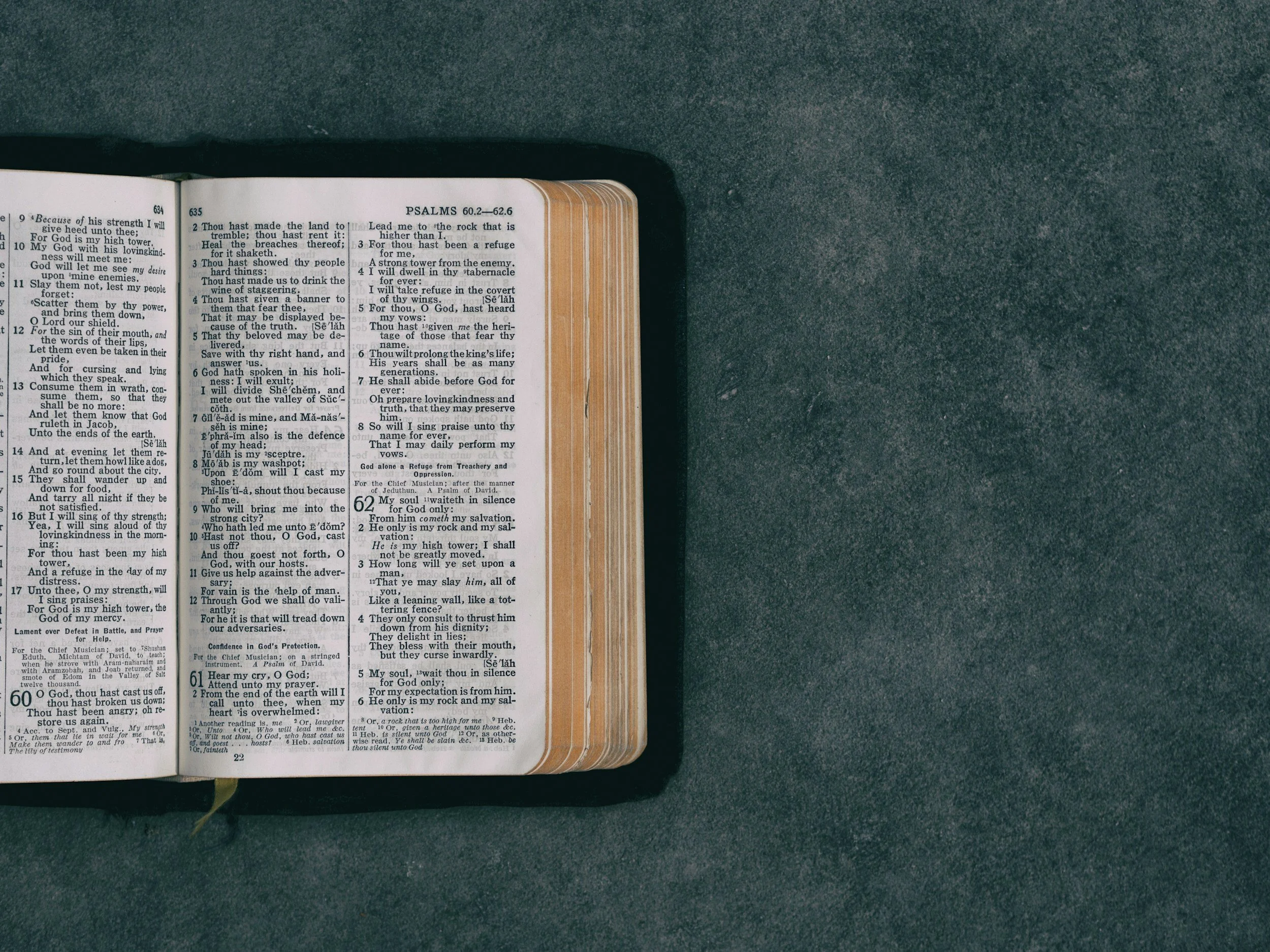Just A Survivor
“Happy is he who does not condemn himself in what he approves ... whatever is not from faith is sin
”
It is God’s will for us to be happy; to live lives free from condemnation.
In the early days of the second Gulf War, a young US private named Jessica Lynch was captured by the Iraqi military. Most of her squad died in the roadside ambush. The initial reports were that she put up a valiant fight, been shot a couple of times and suffered some severe wounds.
The truth is her weapon jammed, and she was knocked unconscious when her vehicle crashed. Jessica was no ‘Rambo’; she never actually got to fire a shot. She was captured and held as a prisoner in the Saddam Hospital in Nasiriyah, Iraq. In reality, she fell well short of defeating the enemy. She never stood a chance of beating them.
Despite this, back home in America, Jessica was much loved. She was an ‘all American’ sweet nineteen-year-old kid. Although she had fallen well short of being the perfect soldier, no-one held that against her. She was everyone’s daughter, sister and friend. The whole country became obsessed with her rescue.
There are some things we can all learn from the Jessica Lynch story, about being happy in spite of personal failure and despite the shortcomings of others. How we respond to hurt is the most crucial factor in our emotional recovery and the restoration of relationships.
“for if a Law had been given that was able to impart life, then righteousness would have been based on the Law”
Firstly, we need to understand that God never intended us to be judged by our performance. This understanding is where Adam and Eve got it wrong, where the children of Israel go it so wrong, and where the Pharisees made an art of getting it wrong.
Secondly, we need to stop being down on ourselves and others for not being what we never could be; what God never expected us to be. Putting unattainable expectations on ourselves and others can only lead to hurt. The irony is, expectations of self-righteousness will only exacerbate hurt and the ‘sin nature’ (Romans 7:4-6).
Here’s a measure of self-righteousness; ask yourself, if I were in the same position as the person who hurt me, might I have done the same thing? Before we rush to answer, think for a minute. Do I know how they were damaged as a child? Do I understand the fears and lies they have believed about themselves? Because, if we think “I never would have done that!”, we may be self-righteous. We may truly think like, "Jesus didn't have to shed as much blood for me as he did for others."
When Winnie the Pooh and Piglet decided to hunt for Woozles, they kept going round and round the same ground, finding more and more footprints in the snow (which were, of course, their own), until they become so overcome with fear they gave up. We need to examine ourselves. Are we on a cycle of hurt and self-righteousness, where we attempt to justify our actions and condemn others?
On April 1, 2003, the US Marines and Navy Seals were sent in to rescue Private Jessica Lynch. They landed by helicopter on the roof of Saddam Hospital, over-ran the enemy, recovered eight bodies of fallen American heroes and saved Jessica. Did she deserve it? No. Could she ever rescue herself? No. When asked later about her faux hero status, Jessica said, ”That wasn't me. I'm not about to take credit for something I didn't do... I'm just a survivor.”
Jessica Lynch came to terms with who she was. As a result, she was able to live in the grace and adoration of a nation that loved her, for who she really was, not for what she never could be.
You and I are ‘just survivors’, rescued by the grace of God in Jesus Christ. The sooner we get over the fact that neither ourselves or others are anything other than abject failures outside of God’s grace in Jesus Christ, the sooner we can move on and become who God has called us to be: objects of His mercy and adoration.



